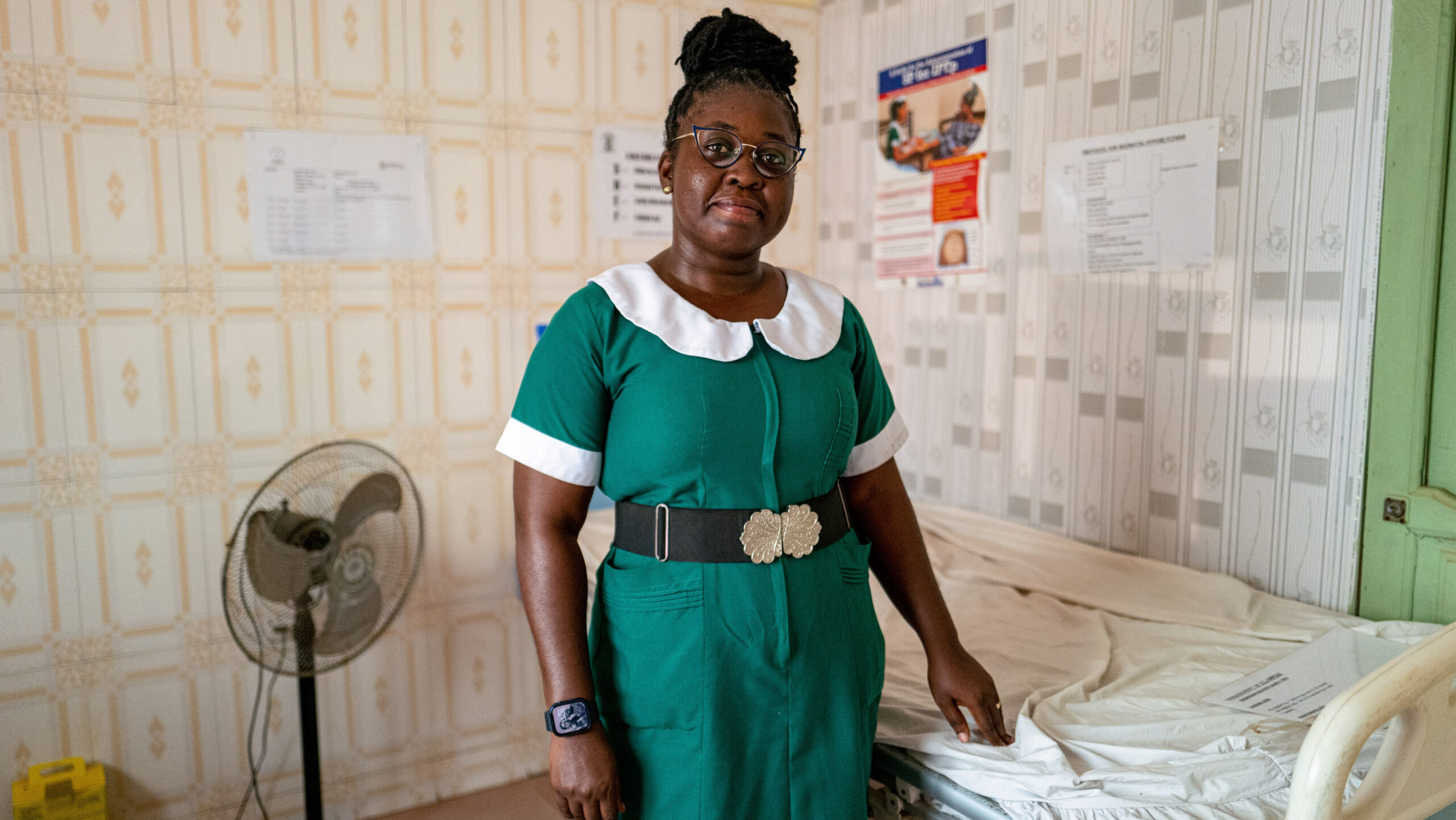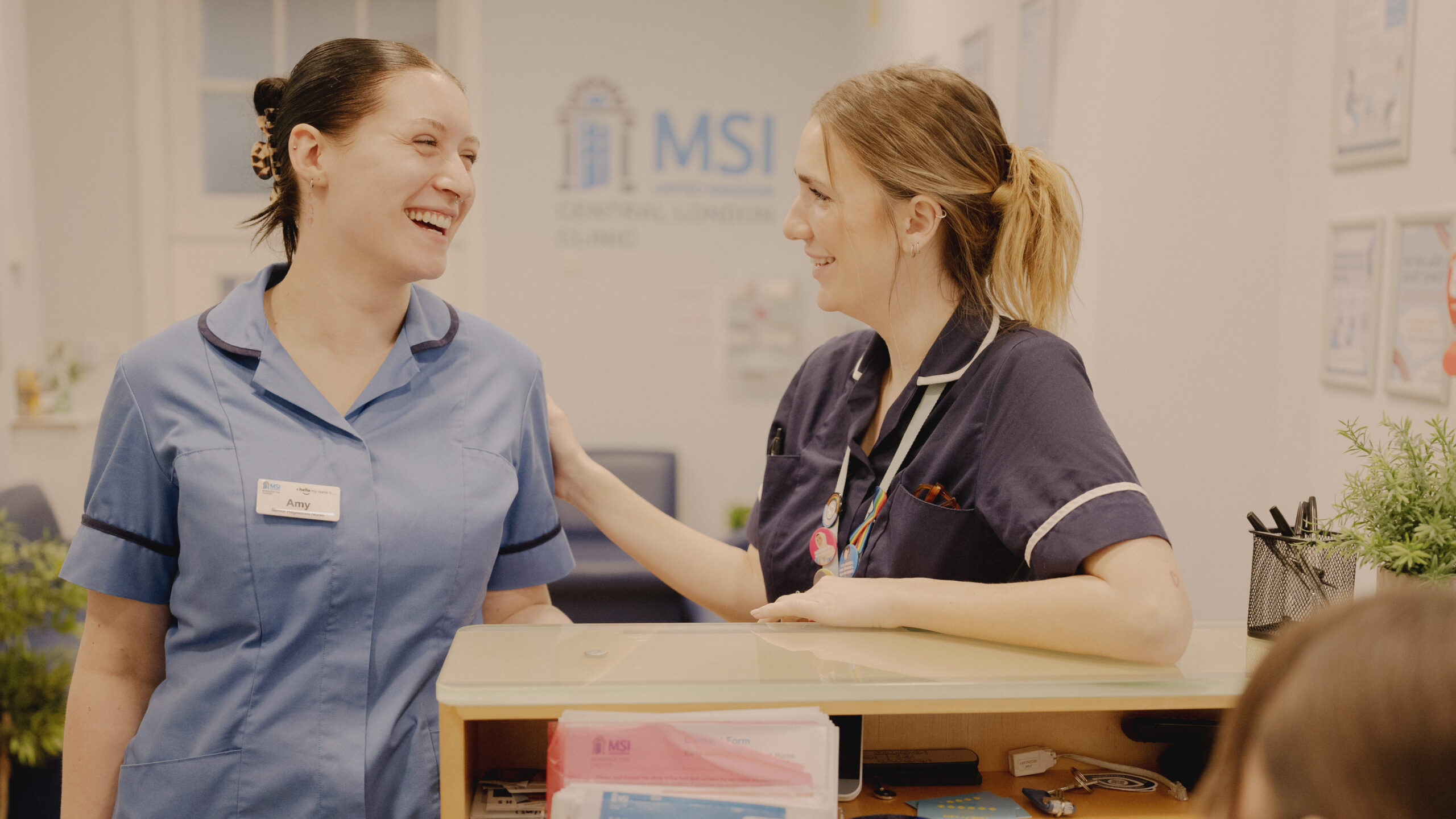Globally, one in four pregnancies end in abortion. It’s a common form of healthcare. Yet, with abortion still highly stigmatised, many of these experiences remain silenced.
To mark International Safe Abortion Day, MSI has launched a new report – My Body, My Voice: Women’s views on abortion care. The report provides insights and feedback from over 1,900 safe abortion clients from across Africa, Asia and Latin America.
As part of ongoing efforts to deliver women-centred services, the report sheds light on how women access abortion care, what clients want and value, and their experiences of our services. These responses provide a unique insight into what women face every day in accessing abortion care worldwide, and the stigma that prevails.
Whilst every woman’s experience is unique, we hope that by sharing this data and identifying emerging trends will help our community to better meet the needs of women and girls in accessing lifesaving care.
Key insights from the report include:
- Feedback from 1,929 clients across Latin America, Africa and Asia
- Abortion stigma prevails, with nearly one in four women (23.4%) reporting experiencing some form of stigma from their partner, their community and in some cases, providers
- Knowledge of safe services remains low, as 54.7% of women who visited us did not know of an alternative abortion provider
- Word of mouth is still hugely important as 47.6% of women were referred to a safe service by someone they knew
- It is still essential that we offer women a choice of both medical and surgical abortion methods, to meet the diverse needs and preferences of women
Introducing the report, Dr Helen Blackholly, Vice President and Director of Technical Services Departments at MSI, shared:
“Globally, one in four pregnancies will end in abortion. Yet, with abortion still highly stigmatised, many of these experiences remain silenced. With the findings in My Body, My Voice, we can continue to build safe pathways for women, and by sharing these insights, we hope to support other programmers and policy makers to improve and expand safe access to abortion care in their communities too. It is only then that we, as women, will have control over our bodies, our choices and our futures.”








